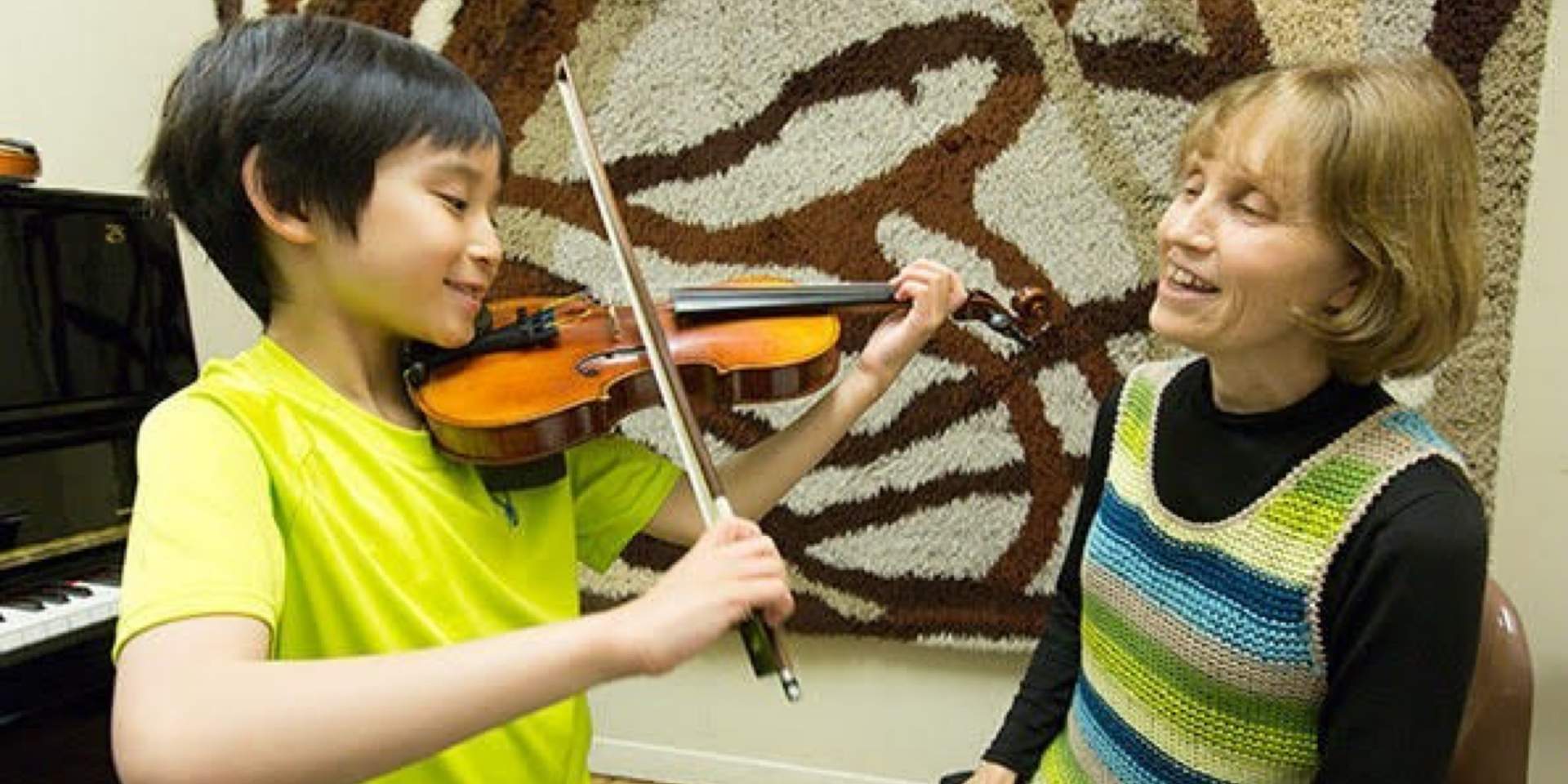
Music has long been recognized as a fundamental aspect of human culture, with the power to inspire, uplift, and connect people from all walks of life. In addition to its cultural and artistic significance, music also plays a crucial role in education, particularly in the development of children. From fostering creativity and self-expression to enhancing cognitive skills and academic achievement, music education offers a wealth of benefits that extend far beyond the realm of music itself. In this article, we explore the importance of music education in fostering creativity and cognitive development in children and the positive impact it has on their overall learning and growth.
The Benefits of Music Education
Music education encompasses a wide range of activities, including singing, playing instruments, listening to music, and learning about music theory and history. These activities provide children with opportunities to engage their minds, bodies, and emotions in meaningful ways, promoting holistic development across various domains.
One of the key benefits of music education is its ability to foster creativity and self-expression. Through improvisation, composition, and interpretation, children learn to express themselves artistically and develop their unique musical voices. Whether they are writing their own songs, experimenting with different instruments, or collaborating with peers in ensemble settings, music education encourages children to think creatively, take risks, and explore new ideas.

Moreover, music education has been shown to enhance cognitive skills such as memory, attention, and executive function. Learning to read music notation, for example, requires children to exercise their working memory and mental processing abilities, leading to improvements in academic skills such as reading and mathematics. Similarly, playing instruments involves coordination and fine motor skills, which can translate to improved dexterity and spatial reasoning abilities.
The Role of Music in Brain Development
Research has shown that music education can have a profound impact on brain development, particularly in areas related to language, reasoning, and social-emotional learning. Studies have found that children who receive music education demonstrate enhanced neural processing of speech sounds, leading to improvements in language skills such as vocabulary and syntax. Additionally, music training has been linked to increased activation in regions of the brain associated with cognitive control and emotional regulation, suggesting that it may have benefits for social and emotional development as well.
Furthermore, music education has been shown to have long-term effects on academic achievement and lifelong learning. Children who participate in music programs tend to perform better in school, with higher grades, test scores, and graduation rates compared to their peers. Moreover, the skills and habits cultivated through music education, such as discipline, perseverance, and teamwork, are transferable to other areas of life, contributing to success in academics, career, and personal relationships.
The Importance of Access to Music Education
Despite its numerous benefits, access to music education remains limited for many children, particularly those from low-income or underserved communities. Budget cuts, lack of resources, and competing priorities have led to the reduction or elimination of music programs in schools across the country, leaving millions of children without access to high-quality music education.
However, there are efforts underway to address this issue and expand access to music education for all children. Nonprofit organizations, community music programs, and advocacy groups are working to provide instruments, instruction, and performance opportunities to underserved youth, ensuring that every child has the chance to experience the transformative power of music.
Moreover, technology has played a role in making music education more accessible than ever before. Online resources, digital learning platforms, and interactive apps enable children to engage with music anytime, anywhere, regardless of their geographical location or socioeconomic status. These tools not only supplement traditional music education but also offer new avenues for creative expression and exploration.
Empowering Children Through Music Education

In conclusion, music education is a vital component of childhood development, offering a wealth of benefits for creativity, cognition, and overall well-being. By providing children with opportunities to engage with music in meaningful ways, we empower them to develop their talents, express themselves authentically, and reach their full potential. As we continue to advocate for greater access to music education for all children, we must recognize the importance of investing in the future of music and ensuring that every child has the opportunity to experience the joy and enrichment that music brings.
To learn more about the importance of music education and how you can support efforts to expand access to music programs for children, visit Roothog Music https://roothogmusic.com/, a leading advocate for music education and youth empowerment through music. Together, we can foster a world where every child has the opportunity to discover the transformative power of music and unlock their limitless potential.